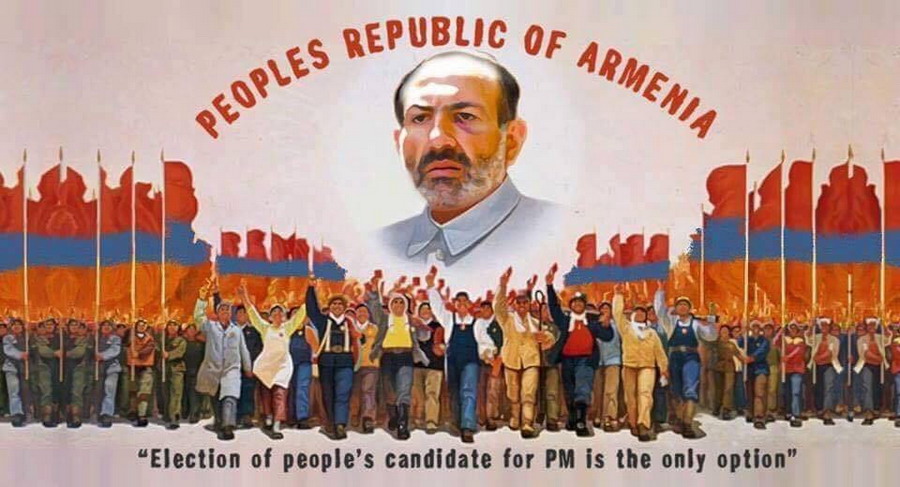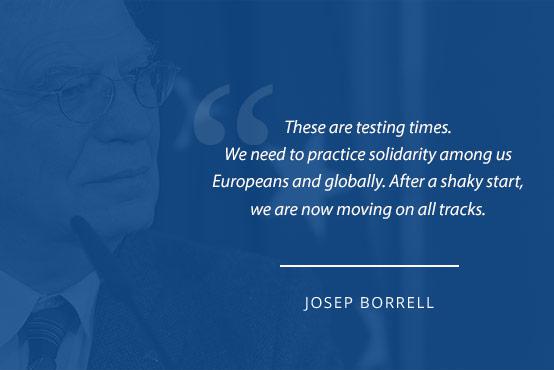In the 20th century, the experience of creating plebeian-type intergroup associations was accumulated. People get out of their social “nests”; they no longer have deep social roots, and their behavior corresponds to the egoistic interests of the ruling powers. It was like that in Germany in the 1920s and 30s (brown raiders) or in China in the 1960s and 70s (khunweibins).
The above quote is a paraphrased excerpt from a 1990 study on American political culture. Clearly, such associations are not only our pain, and the description does not apply only to fans of Hitler or Mao. For example, such groups also met in the United States when Senator Joseph McCarthy was inciting anti-communist hysteria.
Why, it seems, should the “average American,” the ordinary farmer or stall owner, be concerned about the non-existent “communist threat”? The whole problem is that these people were no longer “average Americans”; they had lost their social roots and gone out of their normal civilian functions, acquiring characteristics of “assault squads.”
The main difference compared to today is that in the 21st century, these squads are usually off the street but on the Internet. It has its pros and cons. On the one hand, people on the Internet are less dangerous than in the street, where they can break shop windows or retaliate against a “wrong-thinking” person.
Read also
On the other hand, Internet hate is like the corona virus, spreading at lightning speed. No “vaccine” has yet been found to slow the spread.
That’s why when I see on the Internet “IM HZOR VARCHAPET!!!- (MY MIGHTY PRIME MINISTER) “post, I imagine a Chinese khunweibin enthusiastically sticking his dazibao on the wall against, say, Lin Biao or Confucius.
No moral or intellectual authority is born in the presence of attack squads. People like Sakharov, Likhachev, or Lotman cannot appear today, 200 people (real or fake) will write insults under their picture on the Internet, and the matter will be closed.
Aram ABRAHAMYAN





















































